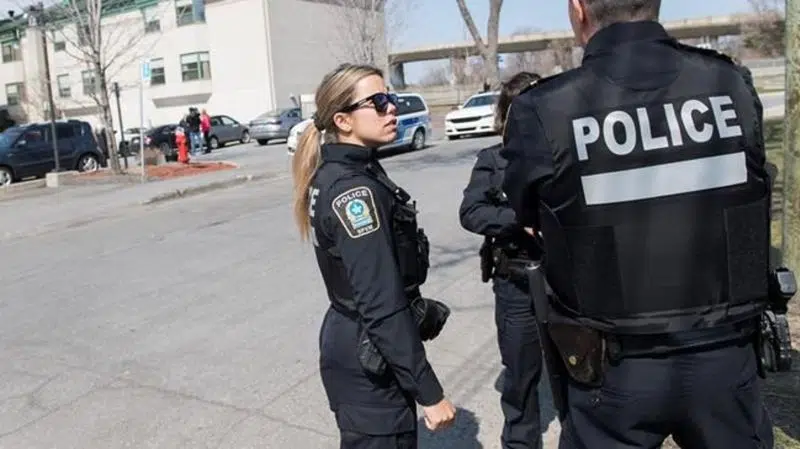
New COVID-19 measures and the rush on wills; In The News for April 13
In The News is a roundup of stories from The Canadian Press designed to kickstart your day. Here is what’s on the radar of our editors for the morning of April 13.
What we are watching in Canada …
Federal officials are due to provide an update on measures for seniors, home care and temporary foreign workers during the COVID-19 crisis today.
Over the weekend Quebec’s premier rebuked a long-term care home where 31 residents have died in less than a month.


